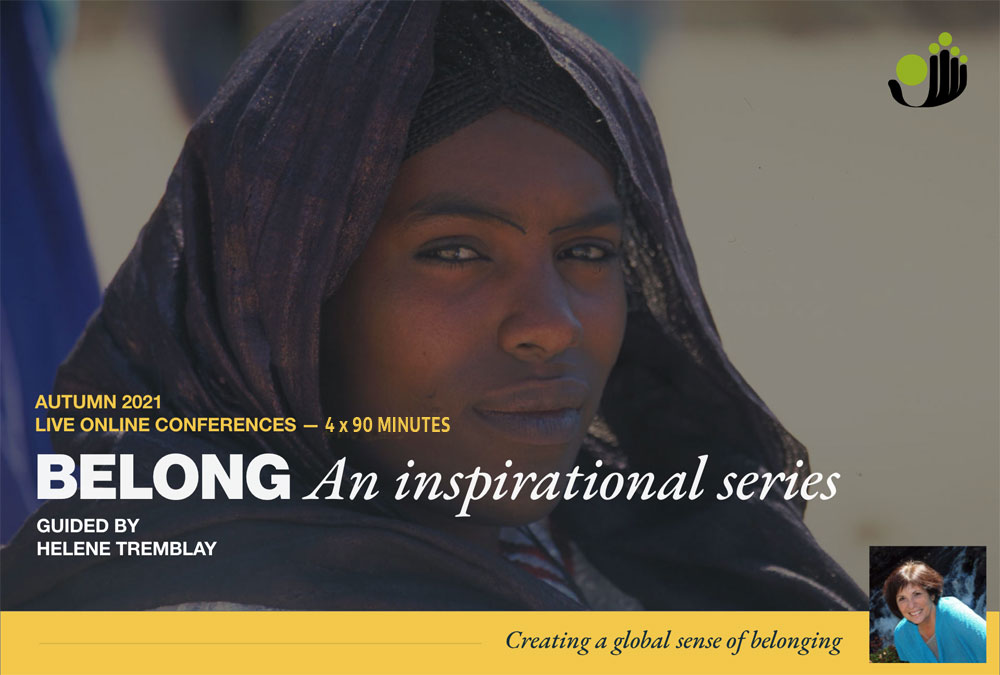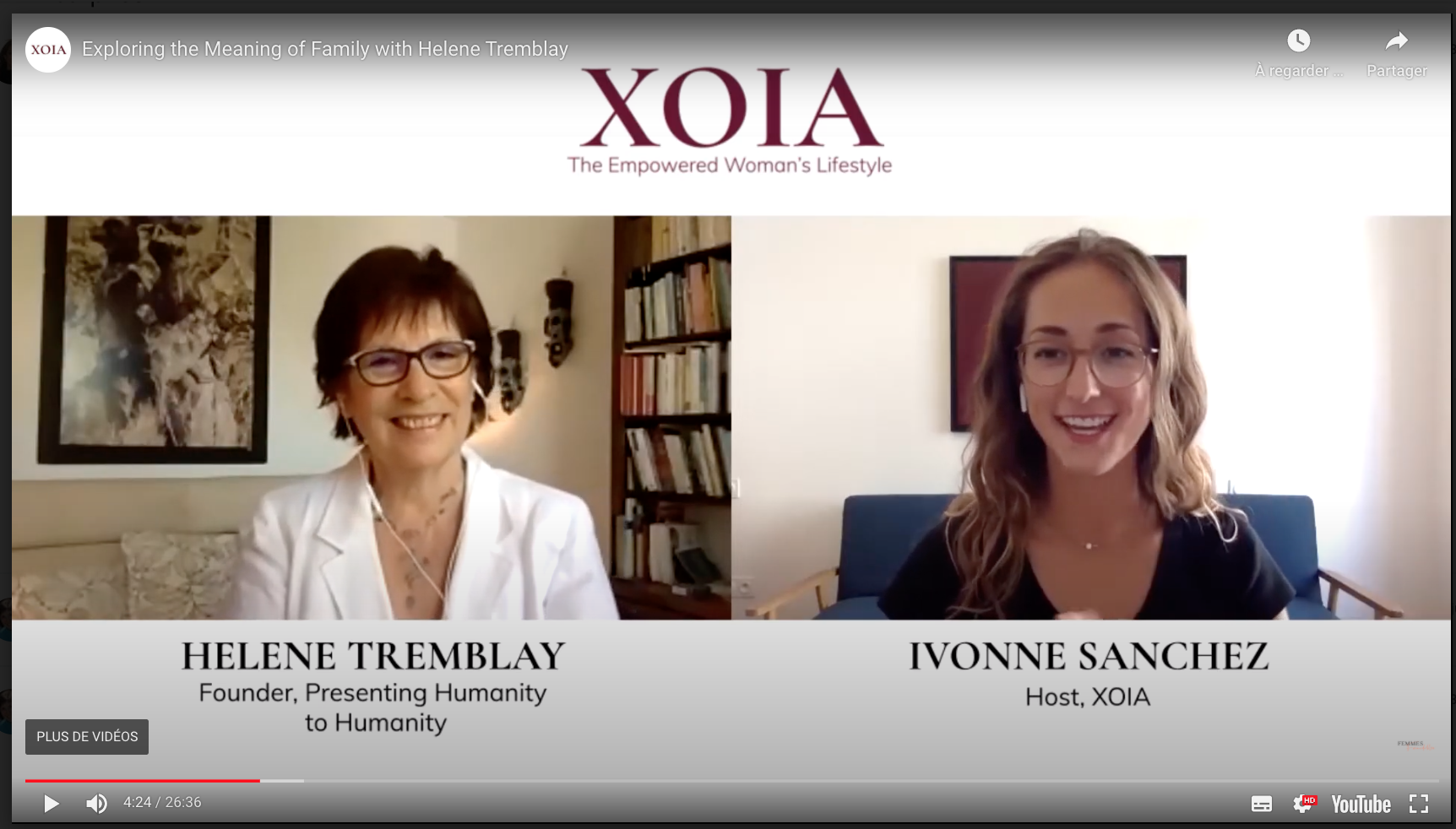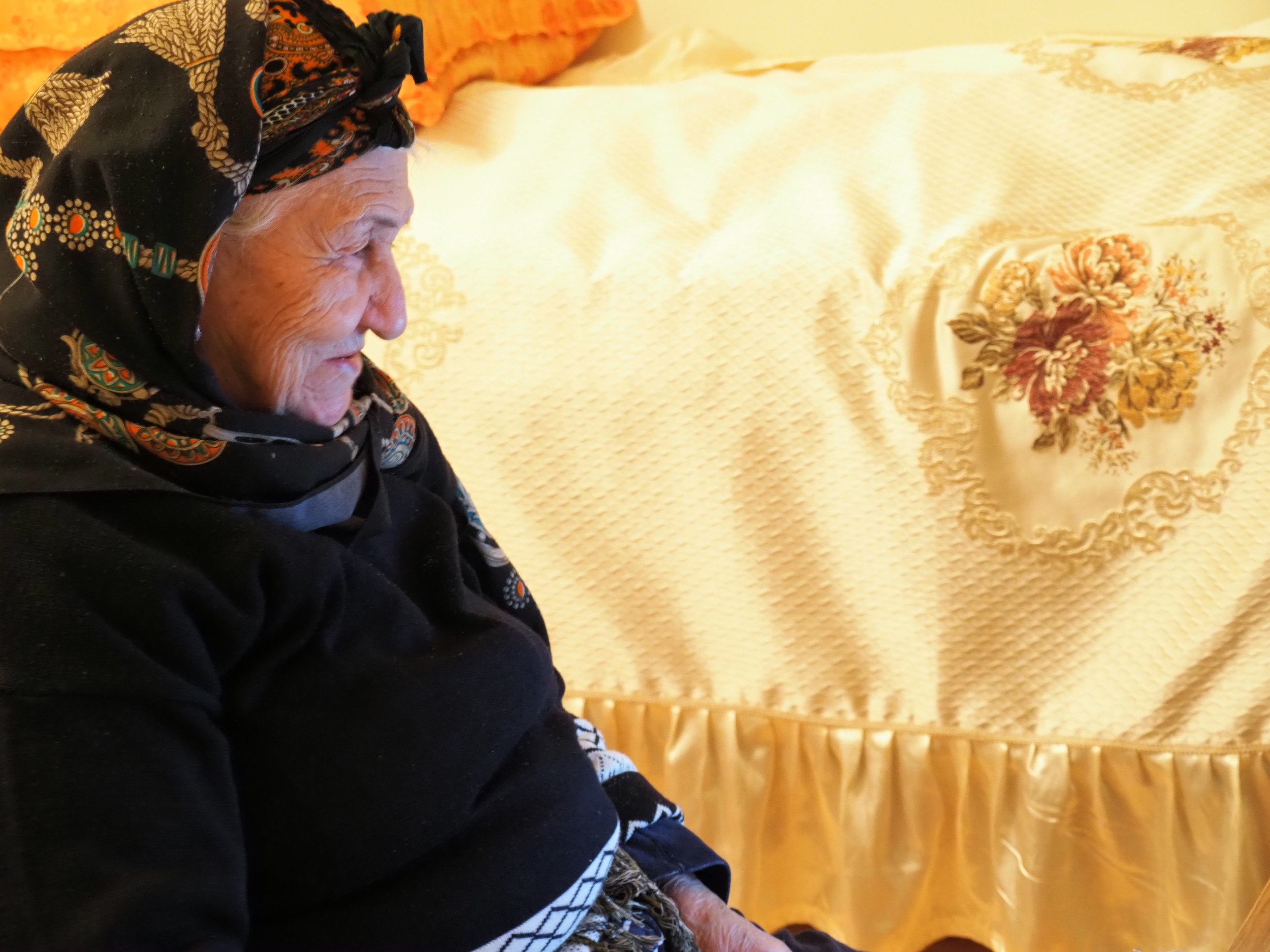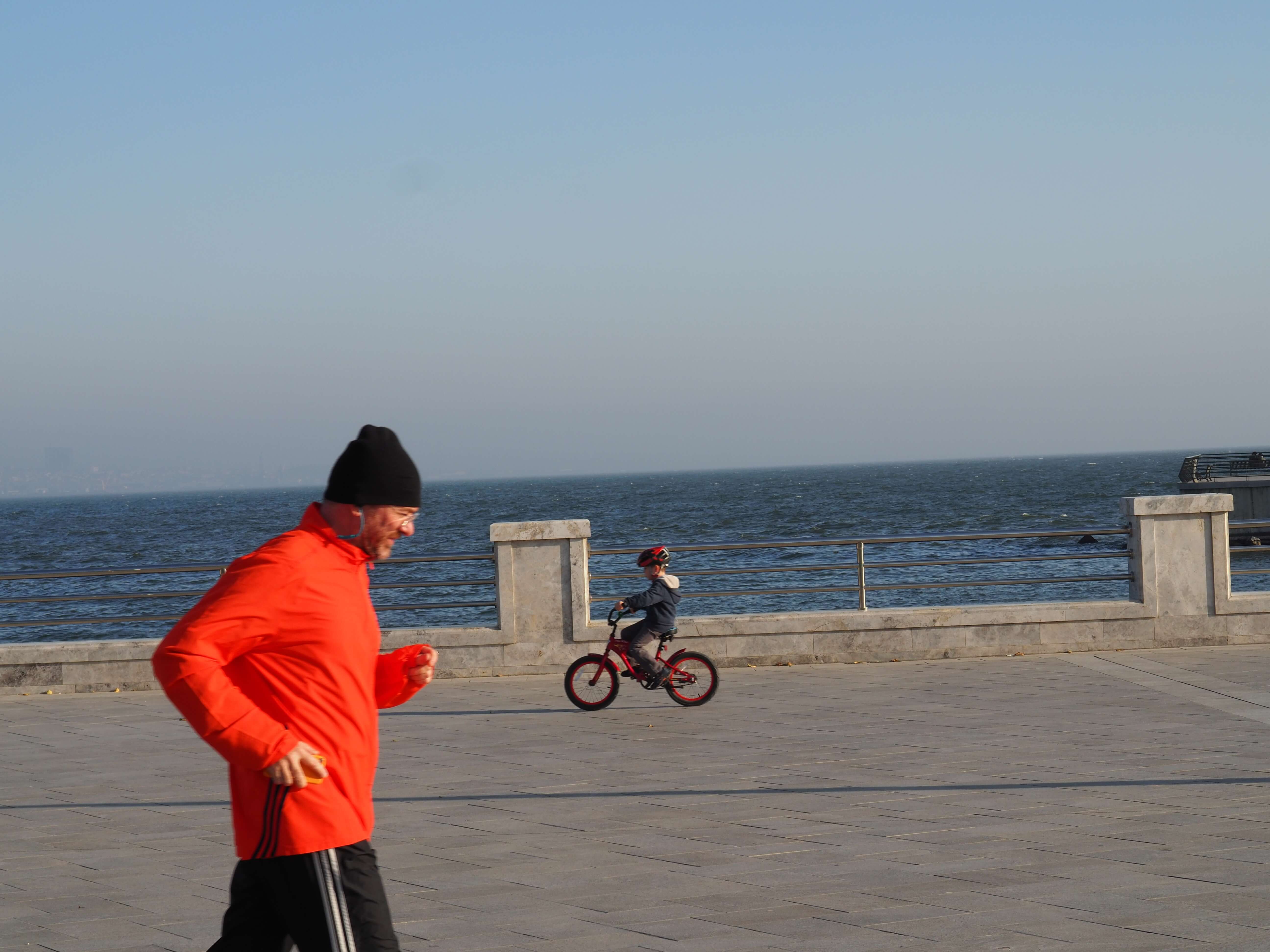Taking Risks
On March 8, I spoke to law students from the University of North Cape (NCU) in Gurgaon. I was felicitated and guest of honor of the Indian Bar Association (INBA). The topic of the day: “Female Empowerment”and I had things to say about the subject worldwide. What did India reveal to me?
There is a whole library to enlighten us on the subject of women in India, but I will now dare to write about it myself.
Two weeks after my arrival in India, I headed towards Mysore; a beautiful small city of less then one million in population and with the reputation of being the cleanest of the country, but of being too close to Bangalore to stay this way in the future. That is, if corruption continues and if IT enterprises who move there remain uncaring about anybody other than their small environment, considered too big.
It is the city of the last prince and an historical city of stories that took place before there was the English and before India was even India. A college town, I went to the Department of Anthropology at Mysore University. I wanted to discuss my choice of a family in Karnataka. I also hoped to find a women interpreter, curious of her society to accompany me during my visit to my first Indian family.
I found a young PhD student of 30-years-old, whose marriage was planned for the month of March. Educated women in India want to marry later in life. Educated or not, they also want only one child. In fact I had found two interpreters. One was married with a young child. Both seemed happy to think they would do field work.
I wanted to arrange the schedule according to my working method. I live in a family, but I want the interpreter to sleep somewhere else in the village but not too far. One guest is a lot, two is one too many. The ideal time to facilitate discussions is during meal preparation and in the evening during or after dinner.
Morning is the time to observe in silence the “launching” of the day. Each family member is setting an activity in motion. Preparing to do nothing is mostly limited to the beaches of Goa.
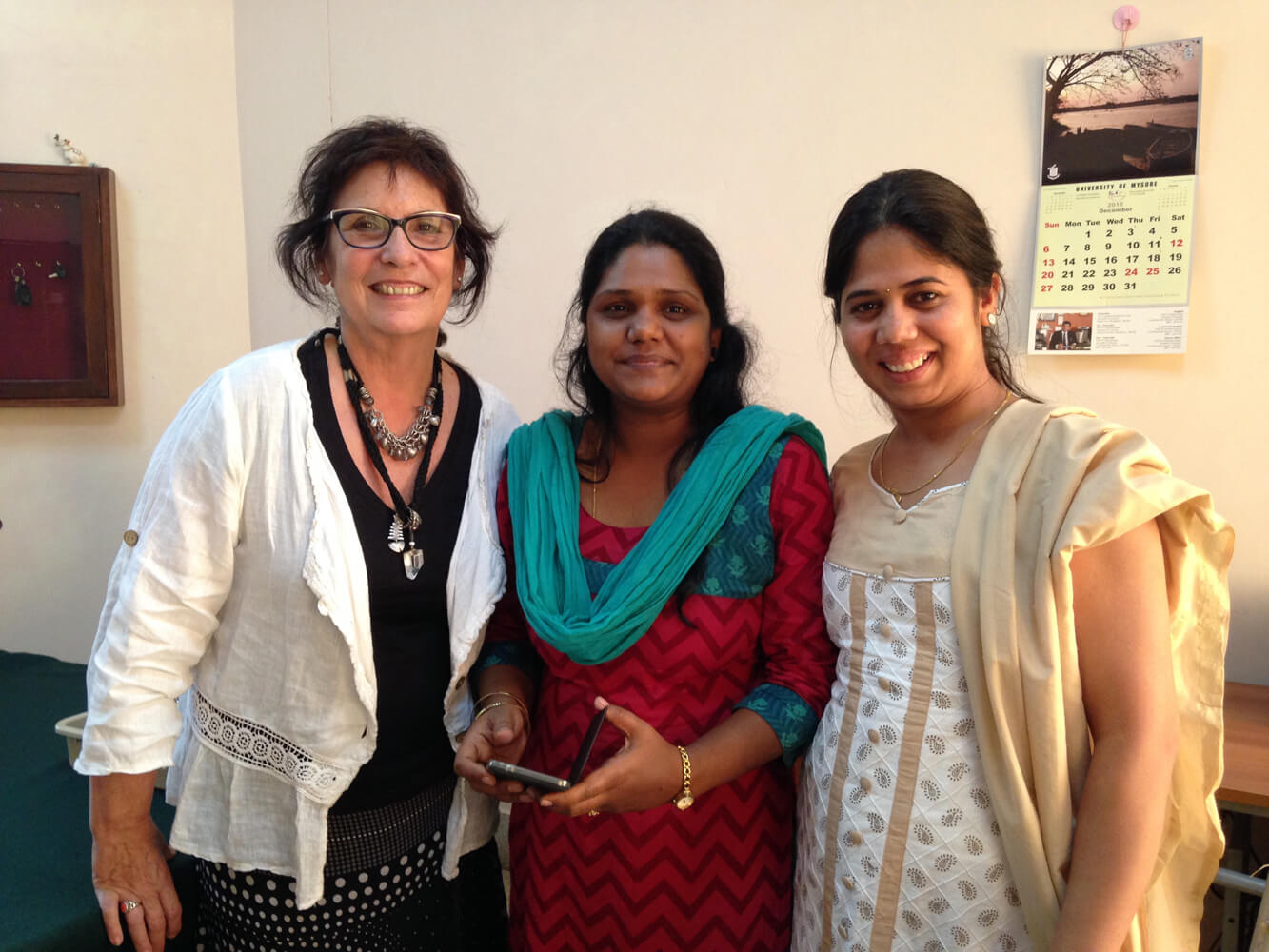
The day after our meeting, the news broke. One interpreter could not leave the child alone with her husband, and the family of the unmarried woman did not want her to be out of the house at night. Field work must be done near the home and during daylight.
My interpreter would have to come home at night. She would also need someone to accompany her for the 40 kilometer journey mornings and nights and this with driver or by bus.
Even with the driver referred by the head of department, I wondered? The same driver who is used by the university for field research? Yes, even with him. With him “there is still a risk” said the young woman. “You’ve read it a few weeks ago, a young woman who worked for a foreign company?” Yes I had. She was supposed to be driven safely home by one of the regular company drivers employed to escort women after their evening work. Despite this, she was attacked by him and four of his friends waiting somewhere on the side of the road. There is also this other gang rape in Delhi, that received worldwide attention and still lives in our consciousness as if branded with a steel mark of blood and pain.
Have men become crazy or is it because we are now told all about them and they can no longer hide their vices? Despite these stories, I believe we are at the dawn of the awakening of man.
To change our relationship, we will need to take risks. It is true that if we take risks, we might face unpleasant events. However there is also the risk of living joyful, surprising moments and great adventures. We come to life in risks. Every time, our attitude to these events allows us to discover ourselves better.
Every day I take the risk to change and transform a part of myself. I take the risk of planting seeds to create the “big bang of human consciousness.” I have taken a lot of risks, but I have seldom been careless and reckless.
But no, this young woman will not take a risk. She is not allowed. “Your parents are holding you back and after them, your husband will” she says, resigned to her face. I accepted the working conditions as she did with her own condition as a woman. I had no real choice, and the moment was now. “There is no one else and it will be the same with all women.” This made it so that she was not there at moments favorable to discussions. I finally phoned the university and appealed for a man; someone who could go out after dark and that would allow me to talk with the family in late afternoons, after long hours in the fields. I arrived in the family at rice harvest time and the working days left little time to chatter.
I was eager to return to Sucharita in Bangalore to clarify my questions about the Indian women and risk management. She is a businesswoman, who makes a point of helping Indian women to set up their business. I needed to know if I could take the risk to write; Indian women hardly take risks. They do not take the risk to go out after dark. (I did not either). When they go into business, it is only small financial risks. For large amounts, there is always a man with whom it is necessary to discuss their choices: a father, a brother or a husband.

